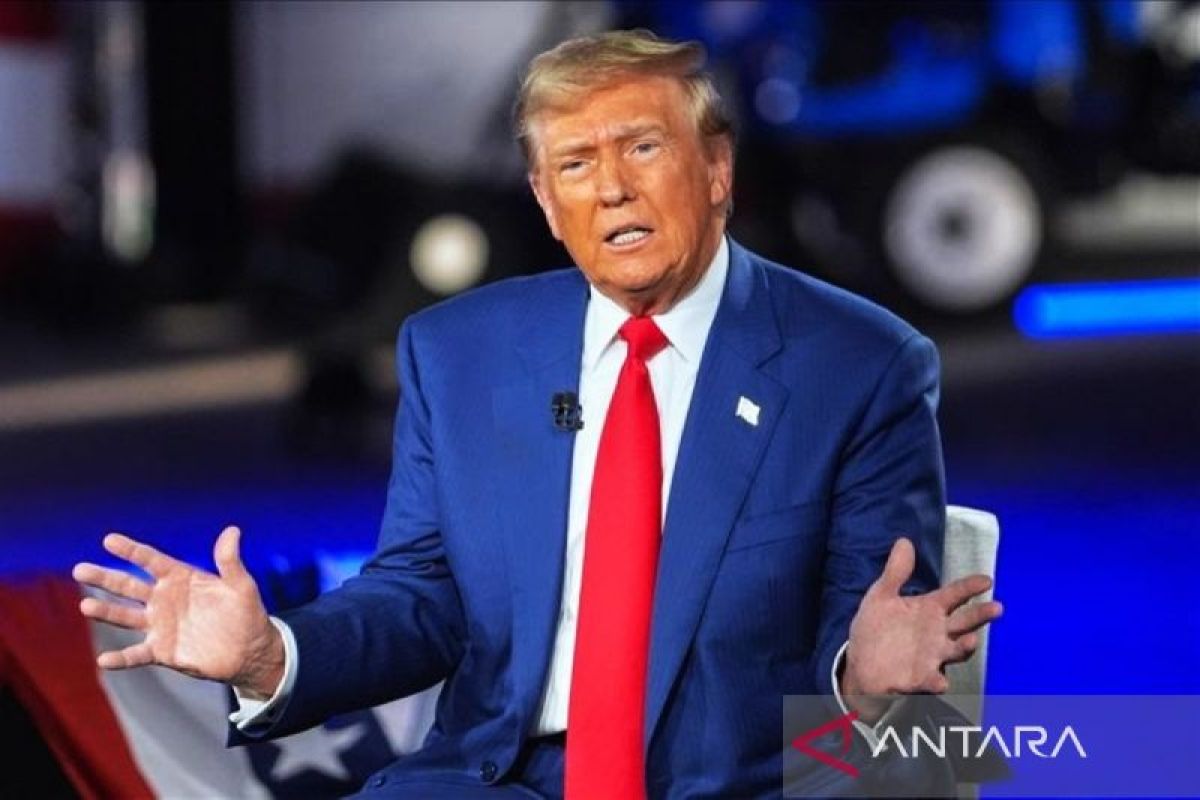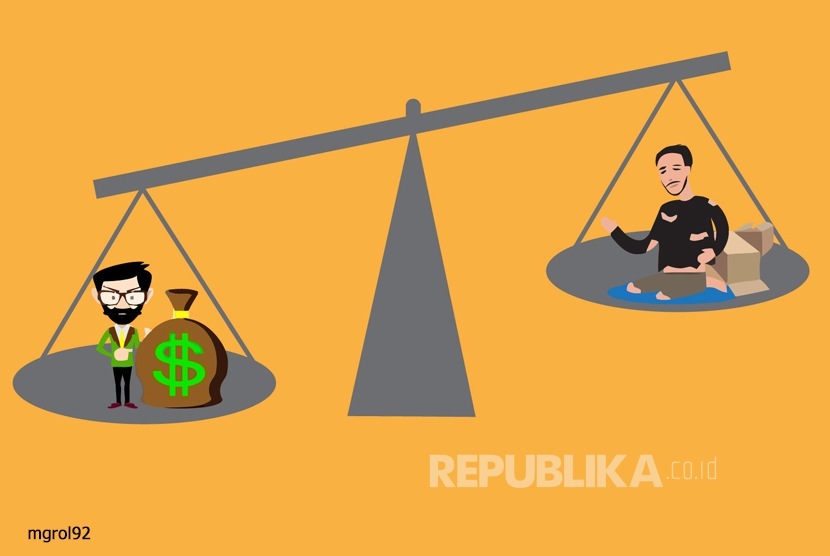The Illusion of 8 Percent Economic Growth
It is predicted that the government's target of 8 percent economic growth this year will be difficult to achieve.

TEMPO.CO, Jakarta - It is predicted that the government’s target of 8 percent economic growth this year will be difficult to achieve. There are many policy inconsistencies.
PRESIDENT Prabowo Subianto’s target of this year seems like a futile endeavor. As there has been no structural overhaul of policies to stimulate the economy, and given the uncertain global situation, it will be difficult to achieve this target.
announced the 8 percent economic growth target at his inauguration as Indonesia’s eighth president in October 2024. Since then, there have been no concrete explanations of how he will resolve the problems left behind by the previous administration in order to achieve this target. For example, there is no policy to remove the inefficiencies in a number of business activities.
The government should understand that the achievement of this high growth target requires processes and time. Since the independence of Indonesia, the highest economic growth, of around 10 percent, was achieved only in the era of President Suharto in the 1970s, when the price of crude oil soared. The relatively stable economic growth of around 6 percent during the time of President Susilo Bambang Yudhoyono was the result of increasing commodity prices.
Inconsistencies in policy will also hamper economic growth. For example, on one occasion, Prabowo called for savings in order to maintain a balanced state budget. However, at another time, he pushed for populist policies, such as the food estate project, which has proved to be a total failure.
Another problem that has not yet become a priority is the obstacles to caused by high inefficiencies. Indonesia’s incremental capital-output ratio (ICOR)—a parameter that measures the efficiency of investment—for 2023 was 6.33 percent, far above the ideal level of 3 to 4 percent. Meanwhile, the ICORs of neighboring countries competing with us for investment are only around 4 to 5 percent.
With a high ICOR, it will be a miracle if Prabowo is able to achieve his administration’s target of Rp13,032 trillion of investment over the next five years in order to bring about this 8 percent economic growth. Especially since, as usual, this is another bombastic target from the government with no accompanying detailed explanation of how it will be implemented.
Moreover, it will also be difficult to drive public consumption, and consequently boost the economy through increased government spending, because there is simply not enough budget. The government already increased its spending on a number of large social programs, such as the program. As a result of this, the government will have to cover the huge through borrowing.
The continuing decline in the contribution of household spending to economic growth must also be monitored carefully because it is an indication of weakening buying power. Public consumption has long been the main contributor to Indonesian economic growth.
These obstacles to achieving the 8 percent economic growth target this year should be matters of serious concern for Prabowo. Fundamental improvements to the drivers of economic growth and an end to inconsistent policies are far more important than making big promises that it will be difficult to keep.
At the same time, there is no shame in revising the previously announced growth target.












![[Foto] Tim Gabungan Bongkar Pagar Laut di Pantai Tanjung Pasir Tangerang](https://cdn1.katadata.co.id/media/images/thumb/2025/01/23/Pembongkaran_Pagar_Laut_Tangerang-2025_01_23-07_51_32_57a7c66ad925ec816e28bf8fc6ae8b97_960x640_thumb.jpg)







